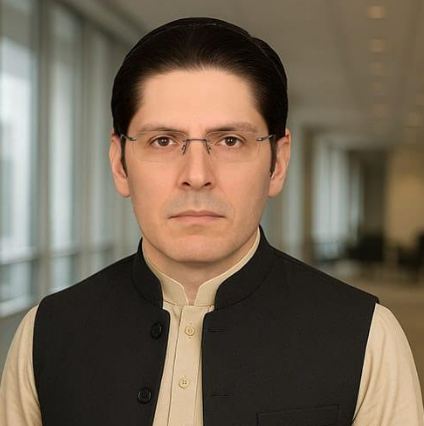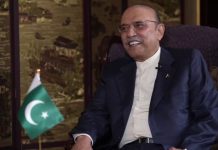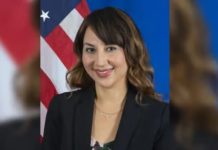ISLAMABAD, NOV 2 /DNA/ – President of the Pakistan Business Network Omar Butt has said that Prime Minister Shahbaz Sharif’s foreign policy has restored Pakistan’s global credibility, turning a period of economic and diplomatic uncertainty into one of renewed confidence and engagement.
He said that when Shahbaz Sharif took office in March 2024, Pakistan faced overlapping crises including strained relations with key allies, IMF uncertainty, and dwindling Gulf support. In less than two years, he noted, “Pakistan has moved from isolation to influence through consistent and pragmatic diplomacy.”
According to Omar Butt, Islamabad’s ties with Washington are now at their highest level in decades, reflected in improved security coordination and continued IMF backing. The United States and European Union now see Pakistan as a credible partner rather than a dependent actor, he said. Pakistan’s success in maintaining the GSP Plus status with the EU has sustained export growth despite the global economic slowdown.
He added that relations with Saudi Arabia, the UAE, and Qatar have shifted from passive to productive, anchored in economic diplomacy rather than aid dependency. The recent Saudi–Pakistan joint defence framework and renewed Gulf investment pledges, he said, mark a strategic realignment built on trust. Butt credited this shift to Shahbaz Sharif’s focus on outcomes and mutual benefit.
On China, he said that Shahbaz’s leadership revitalized the China–Pakistan Economic Corridor (CPEC) by restarting stalled projects and initiating new industrial partnerships. Chinese media’s reference to his “Shahbaz Speed” symbolized recognition of his efficiency and reliability as a partner.
Omar Butt emphasized that Shahbaz’s foreign policy follows the principle of “friendship with all, dependence on none,” which has helped Pakistan maintain balance between East and West amid shifting global alliances. His approach at international forums, particularly at the UN Climate Summit 2023, where he highlighted Pakistan’s flood devastation, has “repositioned the country as a voice of resilience and reform.”
The business leader, however, cautioned that diplomatic success must now be reinforced through deep domestic commitment. “Foreign confidence can only endure if internal discipline matches external diplomacy. We must cement this success by rooting out inefficiency and ensuring policy outlives the current term,” Butt concluded.

















